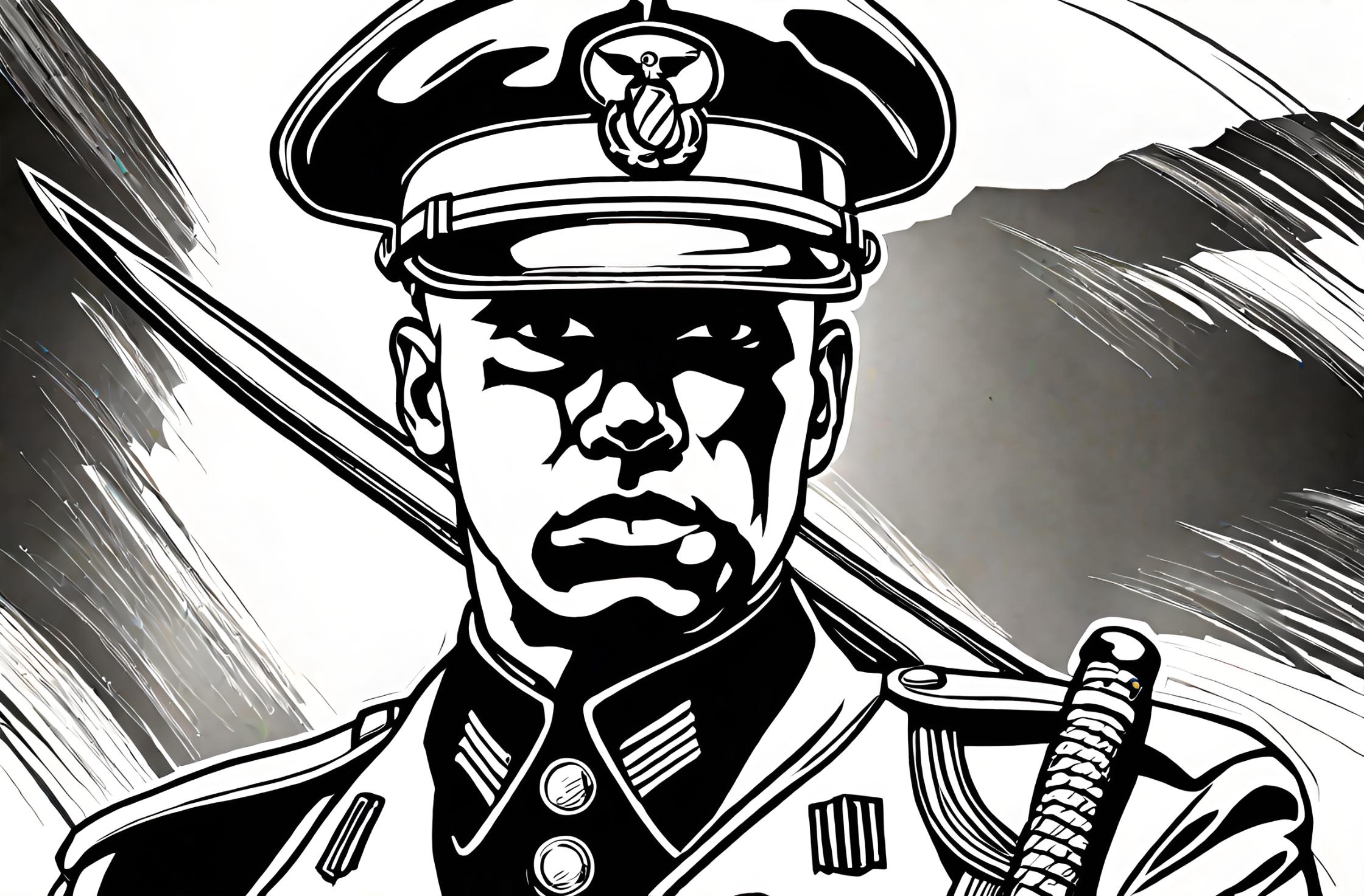Flashback to July 11
American History

1832
President Andrew Jackson vetoes a bill that would re-charter the Second Bank of the United States.
Read morePresident Andrew Jackson’s veto of the bill to re-charter the Second Bank of the United States on July 10, 1832, marked a significant moment in American history. The event underscored the growing tension between the executive and legislative branches of government, as well as Jackson’s determination to dismantle what he saw as a corrupt financial institution. This article explores the importance of this event and its long-lasting impact on American politics and the economy.
The Second Bank of the United States was established in 1816 with the goal of stabilizing the nation’s financial system, which had been in disarray following the War of 1812. However, as the bank grew in power, it also became a center of controversy. Critics, including President Jackson, argued that the bank had too much influence over the economy and wielded too much power over the American people.
Jackson, a staunch advocate for states’ rights and a believer in limited government, saw the bank as an unconstitutional extension of federal power. In his view, the bank favored the wealthy elites and perpetuated a system of privilege and inequality. He believed that the bank’s charter, which was set to expire in 1836, should not be renewed.
The bill to re-charter the Second Bank of the United States, known as the Bank Bill of 1832, was passed by Congress and sent to President Jackson for his approval. In a bold and unprecedented move, Jackson vetoed the bill, delivering a resounding blow to the proponents of a strong centralized banking system.
In his veto message, Jackson strongly criticized the bank and its supporters. He argued that the bank was unconstitutional and undemocratic, as it concentrated power in the hands of a few wealthy individuals while neglecting the needs of ordinary Americans. Jackson’s veto message struck a chord with the American public, who were growing increasingly distrustful of financial institutions and the elites who controlled them.
The veto of the Bank Bill of 1832 set off a political firestorm. Supporters of the bank, led by Henry Clay, Jackson’s chief political rival, accused him of abusing his power and undermining the stability of the nation’s financial system. Clay vowed to make the bank a central issue in the 1832 presidential election, hoping to unseat Jackson and secure the future of the bank.
The ensuing election campaign became a bitter and divisive contest, with Jackson defending his veto and portraying himself as a champion of the common man against the entrenched interests of the elite. Jackson’s populist message resonated with voters, and he won a decisive victory, securing a second term in office.
Despite Jackson’s victory, the fight over the Second Bank of the United States was far from over. In 1833, he took further action to dismantle the bank by removing federal deposits from its control and transferring them to state banks. This move, known as the “Bank War,” effectively crippled the Second Bank of the United States and paved the way for the rise of state-chartered banks.
The consequences of Jackson’s veto and subsequent actions were far-reaching. By undermining the power of the Second Bank of the United States and strengthening state banks, Jackson accelerated the decentralization of the American banking system. This had both positive and negative effects on the economy. On one hand, it led to increased availability of credit and stimulated economic growth. On the other hand, it also contributed to a more volatile and unstable financial system, culminating in the financial panics of the late 1830s and early 1840s.
President Andrew Jackson’s veto of the bill to re-charter the Second Bank of the United States in 1832 was a pivotal moment in American history. It symbolized Jackson’s commitment to limited government and his belief in the importance of states’ rights. While the consequences of this event were controversial and far-reaching, it played a significant role in shaping American politics and the economy for years to come.
We strive for accuracy. If you see something that doesn't look right, click here to contact us!
Sponsored Content

The United States Marine…
Celebrate the historical milestone…

Triborough Bridge in New…
On July 11, 1936,…

Temperature hits 118 degrees…
On 7/11/1888, Bennett, Colorado…

L Carnera discovers asteroid…
On July 11, 1901,…

New York City police…
On July 11, 1990,…

First White Citizens Council…
Learn about the historical…

